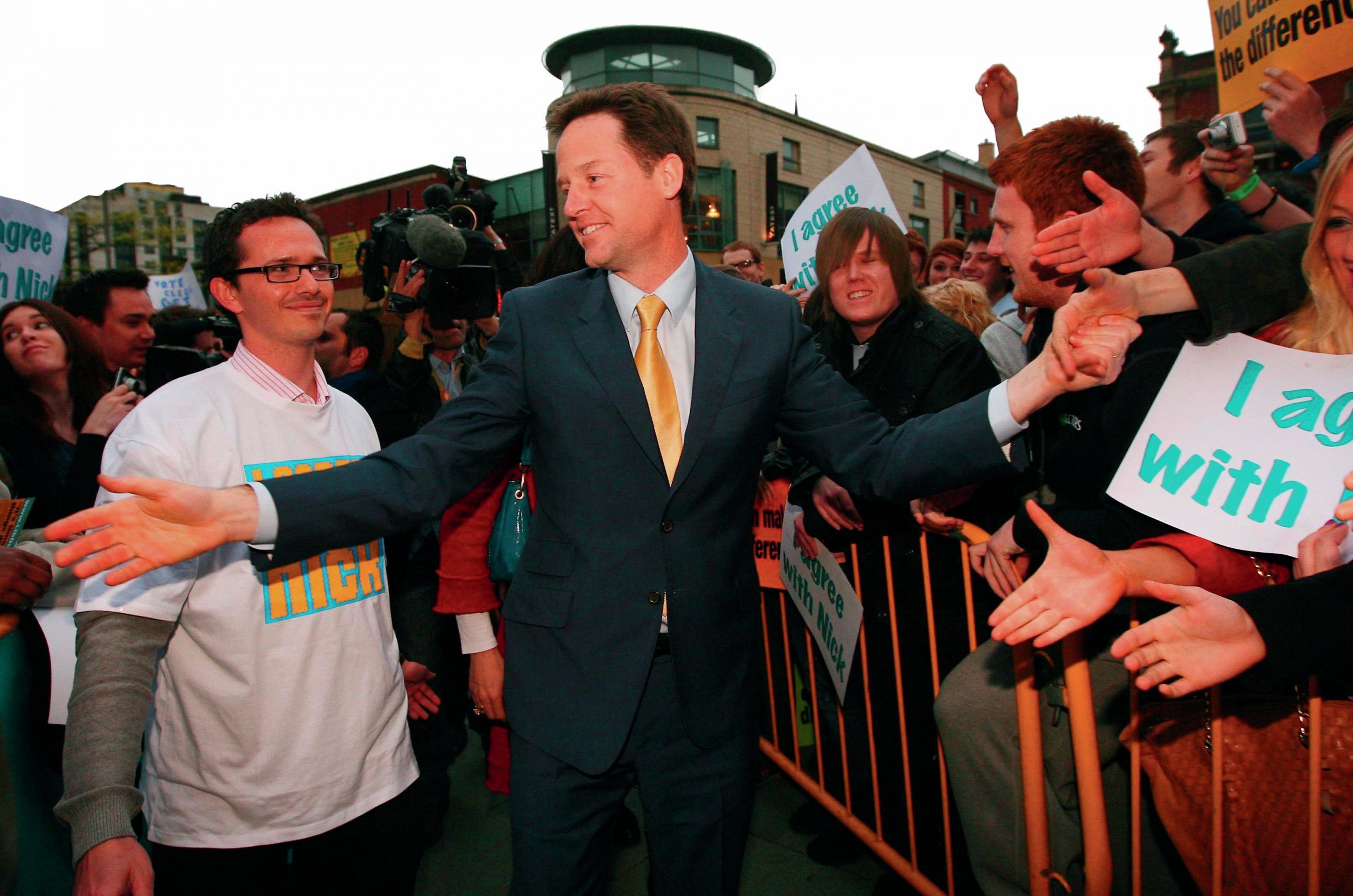
The 2010 general election was particularly interesting for a variety of reasons, and in this article David Denver looks at the most significant ones. He discusses the run-up to the election, and the possible significance of the televised debates between the three main party leaders — anew feature of British politics. He also points out the relatively low turnout and the regional variations in party support. The issue of the voting system itself and some of the unfair results it leads to are also addressed, and you should keep a close eye on this in the coming months. Also important is the fact that there is a coalition government in power, and it remains to be seen whether some of the differing policies of the two parties making up the coalition lead to dissent. This article provides a very useful summary of the 2010 election and some of the issues it raised, and is obviously of particular importance to students of ‘Power and politics’. However, given that government policies inform and affect most areas of social life, all students would benefit from a close reading of the article and keeping an eye on ‘what happens next’.
Although the Conservatives won most seats in the House of Commons in the 2010 election, they fell just short of an overall majority and ended up forming a coalition government with the Liberal Democrats. This took most observers by surprise and it is the first UK peace-time coalition government in living memory. What the long-term effects will be remain to be seen but, in the short-term, there is to be a referendum on changing the voting system, which itself could have significant consequences for UK party politics.
Your organisation does not have access to this article.
Sign up today to give your students the edge they need to achieve their best grades with subject expertise
Subscribe
